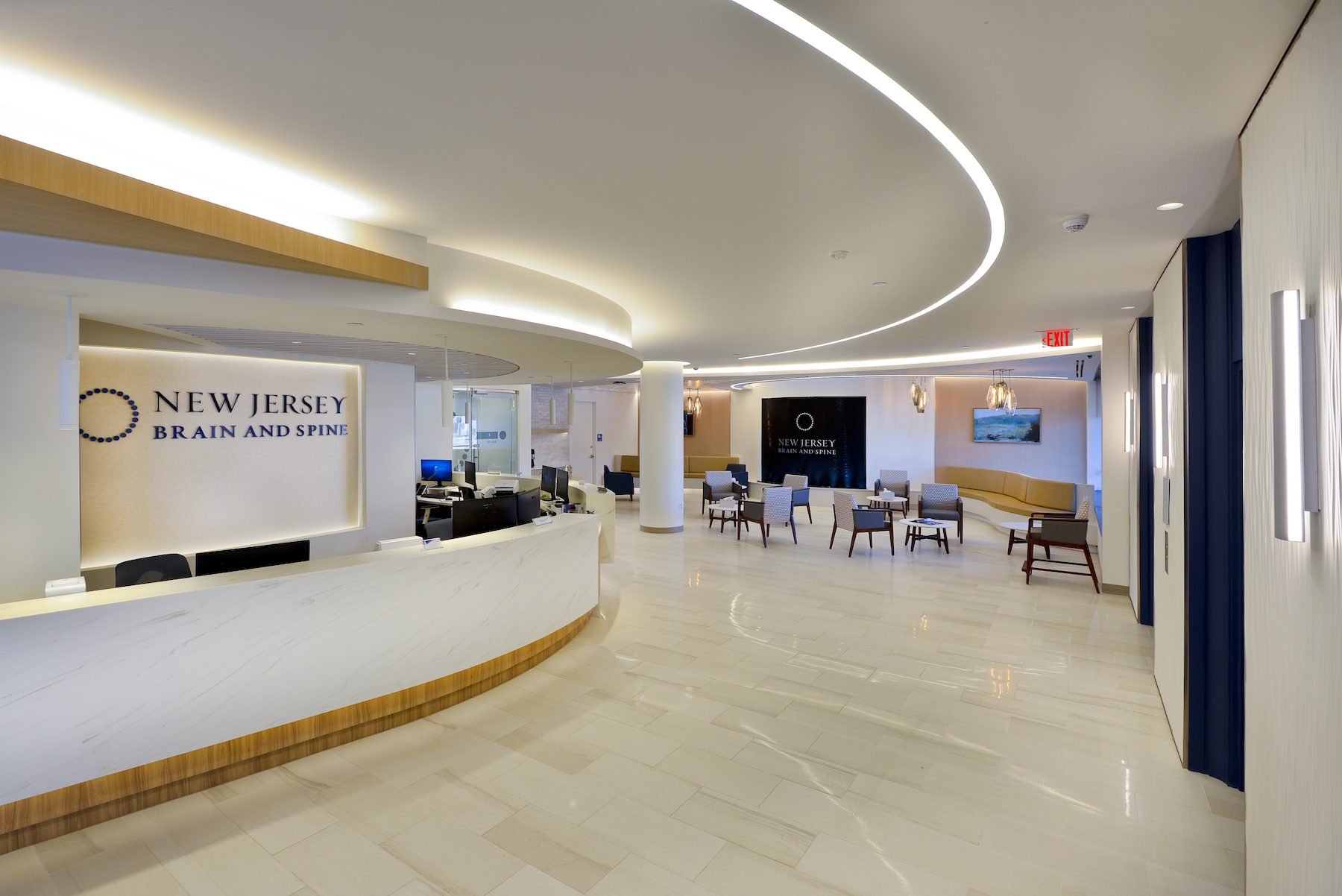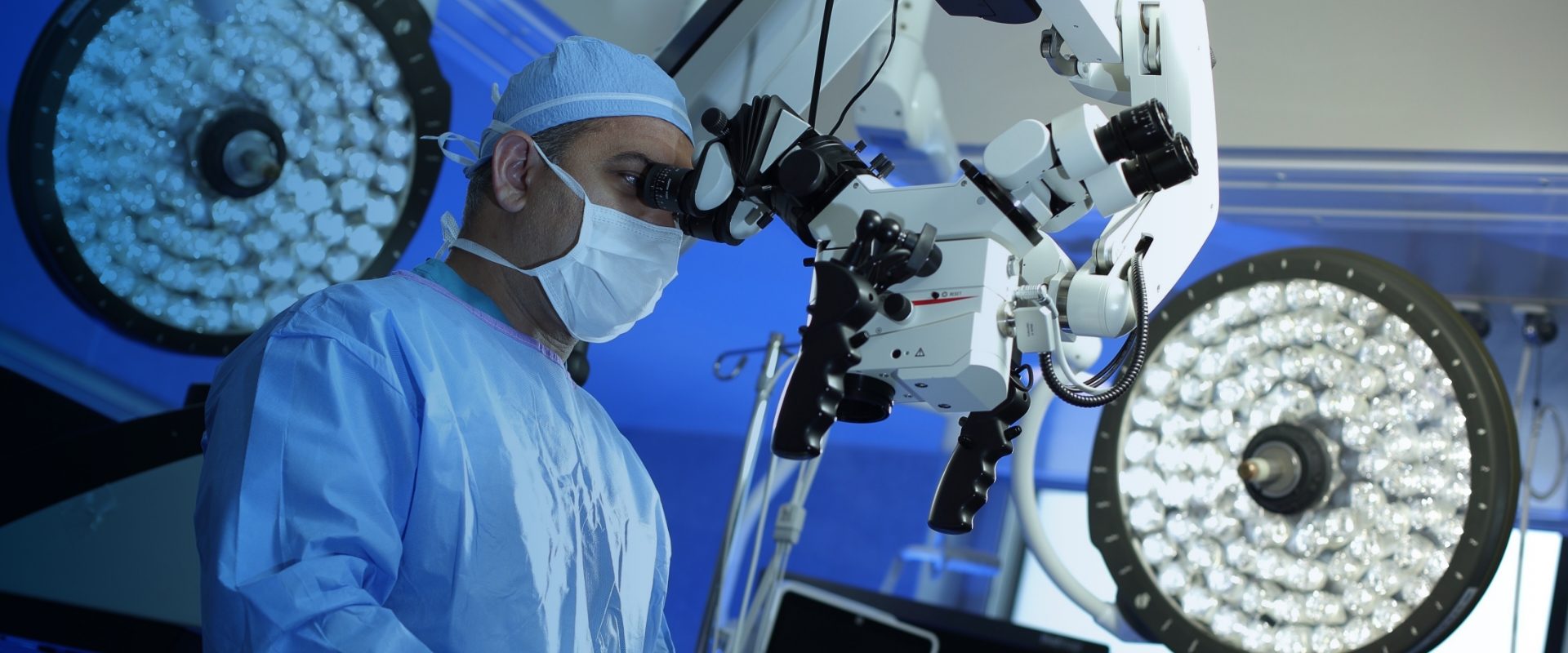
New Jersey Brain and Spine Opens New Office in Paramus, NJ
Bigger, better and brighter! New, 16,222 sq ft state-of-the-art facility offers access to minimally invasive neurosurgical care from an unparalleled multidisciplinary care team PARAMUS, N.J., May 7, 2025 /PRNewswire/ -- In response to growing demand for subspecialized neurosurgical care across New Jersey, New Jersey Brain and Spine (NJBS) has opened a new, state-of-the-art office in Paramus. The spacious new location enhances access to expert surgical consultations and follow-up care for both adult and pediatric patients with complex brain and spine conditions. Bigger, better and brighter!...
read more
Spinal Tumor Types & Treatments Explained
There are more than 20 types of spinal tumors. The spinal column consists of vertebrae, a series of stacked bones, and at the center of that column is the spinal canal. Housed within the spinal canal is the spinal cord, which is a narrow tube of nerve tissue that sends messages between the body and the brain—this occurs via nerves and nerve roots that branch off from the spinal cord. The spinal cord and the brain, together, make up the...
read more
Laminectomy for Spinal Tumors: Removing Growth and Restoring Spine Stability
The goal of a laminectomy, and other minimally invasive spine surgery, is to stabilize the spinal bones and joints and relieve pressure on the spinal nerves, which has resulted from spinal instability, bone spurs, herniated discs, or mass lesions such as spinal tumors. What is a Laminectomy? A laminectomy is a surgical procedure and a common type of spinal surgery. The procedure may be performed at any level of the spine, depending on the source of compression. The spine surgeon...
read more
Avoiding Laminectomy with Nonsurgical Back Pain Treatment
If you’ve been living with chronic back pain, surgery may feel inevitable—but that’s not always the case. Many patients find long-lasting relief through non-surgical treatments that address the root causes of spinal pain. Before considering an invasive procedure to address the issue, such as laminectomy, it's worth exploring a variety of non-surgical treatments that can offer relief and improve quality of life. Laminectomy is typically reserved for spinal stenosis or nerve root compression that hasn’t responded to conservative care. Let’s...
read more
Spinal Decompression for Athletes. Maximize Performance and Prevent Injuries
For both high-performing and recreational athletes, optimal performance and injury prevention are vital to staying at the top of your game. Spinal decompression therapy has become an effective approach for many in their quest to remain competitive and active. Spinal decompression is part of a broader rehabilitation strategy and not a performance-enhancing therapy in itself. What is Spinal Decompression? Spinal decompression is a specialized treatment that involves gently stretching the spine to relieve pressure on the spinal discs. By alleviating...
read more
Sciatica Prevention Starts with Healthy Habits
Sciatica commonly refers to pain that travels along the path of the body’s sciatic nerve, which extends from the lower back through the hips and buttocks and then down each leg. While this pain may often be severe, most cases respond well to treatment. Sciatica is a very common condition in the United States, with more than 40% of people experiencing sciatic pain at some point in their lifetime. Sciatica prevention starts with a healthy lifestyle and habits, but it...
read more
Neurovascular Treatment Center – Strokes, Aneurysms & AVMs
What You Need to Know About Our Neurovascular Treatment Center Strokes, brain aneurysms, and arteriovenous malformations (AVMs) are often life-threatening conditions that require subspecialized, urgent care. As one of the highest-volume, most sophisticated neurovascular centers in the mid-Atlantic, our board-certified neurosurgeons and multidisciplinary team provides 24/7 evaluation and treatment for over 700 patients with these conditions each year. Over 90% of the time, we treat patients who need to undergo a procedure using minimally invasive treatment options. Below, we address...
read more
Venous Sinus Stenosis: Causes, Risk Factors, and When to See a Neurosurgeon
Venous sinus stenosis refers to the narrowing of the large veins that transport blood from the brain to the heart, called the venous sinuses. This narrowing obstructs normal blood flow and increases pressure in the skull. When left untreated, venous sinus stenosis can lead to headaches, vision changes, a pulsating buzzing in the ear, and in some cases, more serious neurological problems. The most significant complication is the formation of blood clots. Due to the complex nature of venous sinus...
read more
Choosing the Right Neurovascular Center in New Jersey: Tips from Neurosurgeons
Choosing the right neurovascular center is crucial for individuals seeking diagnosis and treatment of conditions affecting the brain and blood vessels in the head and neck. Neurovascular centers specialize in managing a range of complex neurovascular disorders, making their expertise essential for a number of reasons. What is a neurovascular center? A neurovascular center is a specialized medical facility or department that focuses on the diagnosis, treatment, and management of conditions affecting the nervous system and blood vessels in the...
read more